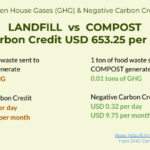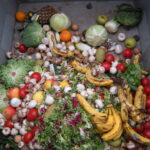Duckweed in Pond
What is duckweed
 Duckweed is a type of aquatic plant that floats on the surface of still or slow-moving bodies of water such as ponds, lakes, and streams. It is a monocotyledonous plant that belongs to the family Lemnaceae, and it is one of the smallest flowering plants in the world.
Duckweed is a type of aquatic plant that floats on the surface of still or slow-moving bodies of water such as ponds, lakes, and streams. It is a monocotyledonous plant that belongs to the family Lemnaceae, and it is one of the smallest flowering plants in the world.
Duckweed is usually green in color, and it consists of tiny, rounded leaves that grow on the surface of the water.
Duckweed has a single root per frond that can help in nutrient uptake from water and stabilizes the plant. It can be found in different parts of the world and has both positive and negative impacts on different ecosystems.
Why duckweed grow in pond

The growth of duckweed can be caused by several factors, including the availability of nutrients, such as phosphorus and nitrogen, agricultural runoff, availability of fertilizers, and any waste organic material. It can also be spread through migratory birds that carry the tiny plants on their feathers.
Duckweed is a very prolific plant, and given enough sunlight, nutrients, and time it can quickly take over the surface of a pond, thereby decreasing oxygen levels necessary for fish and desirable aquatic plants to live there.
Ultimately, the cause of duckweed growth can vary depending on several environmental factors.
How to treat duckweed in pond
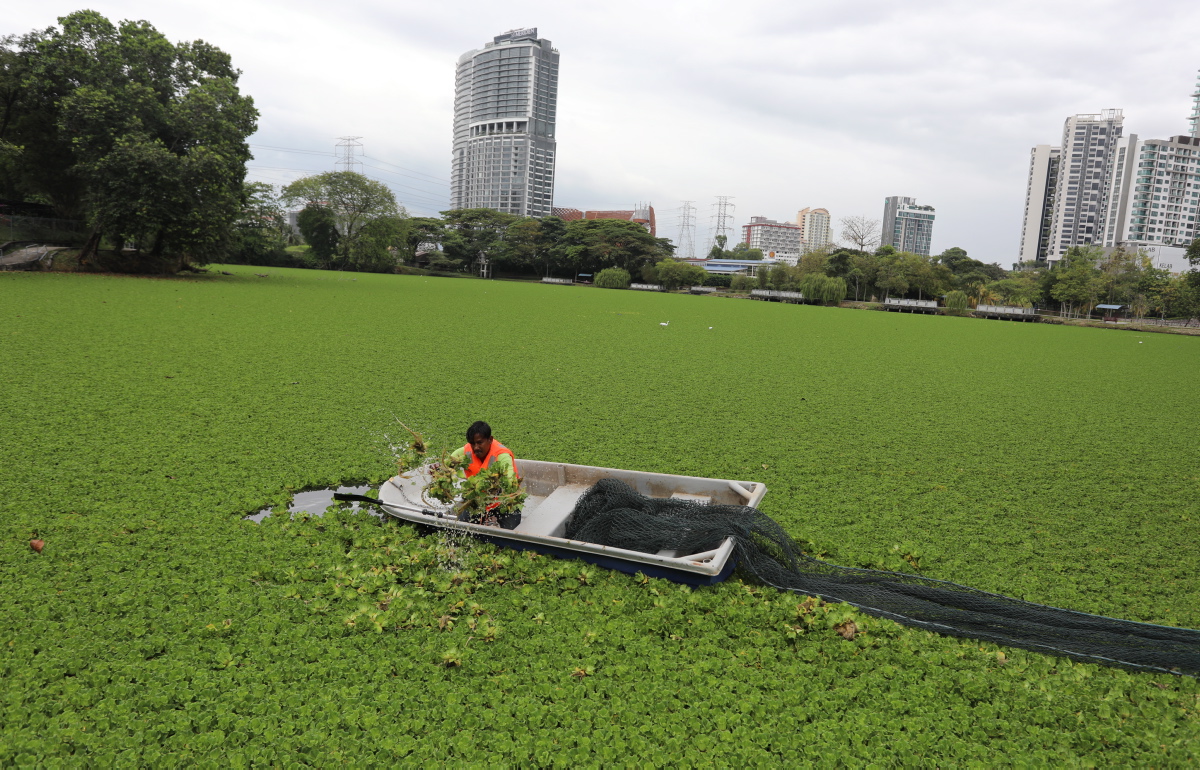
Based on the search results, it appears that duckweed can be quite problematic if it grows excessively in your pond. It can take over the entire surface of the water, decreasing oxygen levels and making it difficult for fish and other desirable aquatic plants to thrive.
However, there are several ways to control or manage duckweed in a pond, including:
-
Physical removal: Duckweed can be manually removed from the surface of the water using a net or rake.
-
Biological management: Certain fish, such as tilapia, can be introduced to the pond to help control duckweed growth.
-
Chemical control: There are herbicides available that can eliminate duckweed from the pond, although this should be used with caution and according to the manufacturer’s instructions.
-
Aesthetic use: Duckweed can be used to provide an attractive green surface to ponds and can also be used to disguise certain parts of the pond.
Ultimately, the best course of action for managing duckweed in your pond will depend on a variety of factors, including the size of the pond, the amount of duckweed present, and the presence of other plants and wildlife in the pond. It may be helpful to consult with a professional or do further research to determine the best approach for your specific situation.
Is duckweed good for waste water treatment
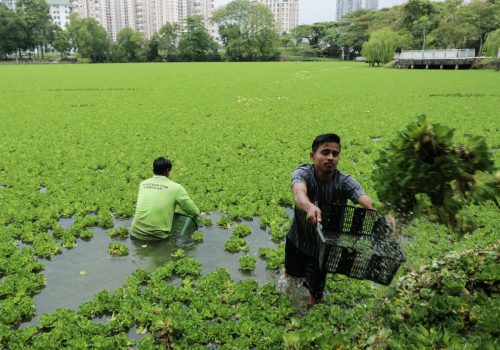 Yes, duckweed can be effective for wastewater treatment due to its ability to uptake carbon, nitrogen, phosphorus, and other nutrients from the water. Duckweed has a high rate of nutrient uptake, and can be easily harvested from the surface of the water.
Yes, duckweed can be effective for wastewater treatment due to its ability to uptake carbon, nitrogen, phosphorus, and other nutrients from the water. Duckweed has a high rate of nutrient uptake, and can be easily harvested from the surface of the water.
Studies have demonstrated that duckweed can efficiently utilize nutrients and remove pollutants from wastewater such as BOD, COD, suspended solids, bacterial and other contaminants. However, the effectiveness of using duckweed for wastewater treatment may depend on several factors such as the species of duckweed, the specific contaminants present in the wastewater, and the climatic conditions where the wastewater is being treated.
Is duckweed good as fertilizers
 Yes, duckweed can be a good source of fertilizer as it is rich in nutrients such as nitrogen and phosphorus. It can be used as a soil amendment to improve soil fertility and promote plant growth.
Yes, duckweed can be a good source of fertilizer as it is rich in nutrients such as nitrogen and phosphorus. It can be used as a soil amendment to improve soil fertility and promote plant growth.
Duckweed can also be converted into a liquid fertilizer that can be sprayed onto crops or applied directly to the soil. Additionally, if you have a pond or other body of water with duckweed, you can harvest the duckweed and use it as a fertilizer in your garden.
However, it is important to note that the nutrient composition of duckweed may vary depending on the species, growing conditions, and harvest methods, so it is recommended to test the nutrient content of the duckweed before use.
Is duckweed good source of protein for animals
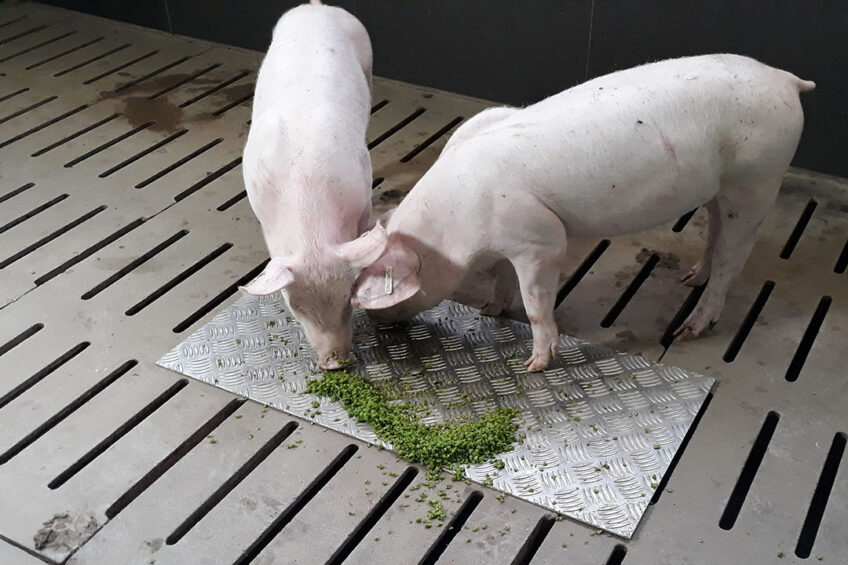
Yes, duckweed can be a good source of protein for animals such as cattle, sheep, goats, and fish.
Duckweed is known to contain high levels of protein which has high biological value, and can provide an alternative protein source in animal feed.
Studies have shown that feeding duckweed to animals can improve their health and growth rates. Moreover, duckweed can be used as an inexpensive and sustainable protein source in animal feed as it can be grown quickly with minimal inputs.
Duckweed growth was studied on a demonstration pig farm in Spain. The plant appears to be a high protein source for pigs. However, adding fresh duckweed to liquid feeding systems needs further examination.
However, it is worth noting that the nutrient composition of duckweed can vary depending on the species, growing conditions, and harvest methods, so it is important to ensure that the animal’s nutritional requirements are met through careful feed formulation.
Find the cause, and find the solution
Our job is to find out the root cause of pollution then we fix it accordingly. In this case, based on our experiences, the focus has to be on the water pollution rather than the outcome, which is the duckweed.
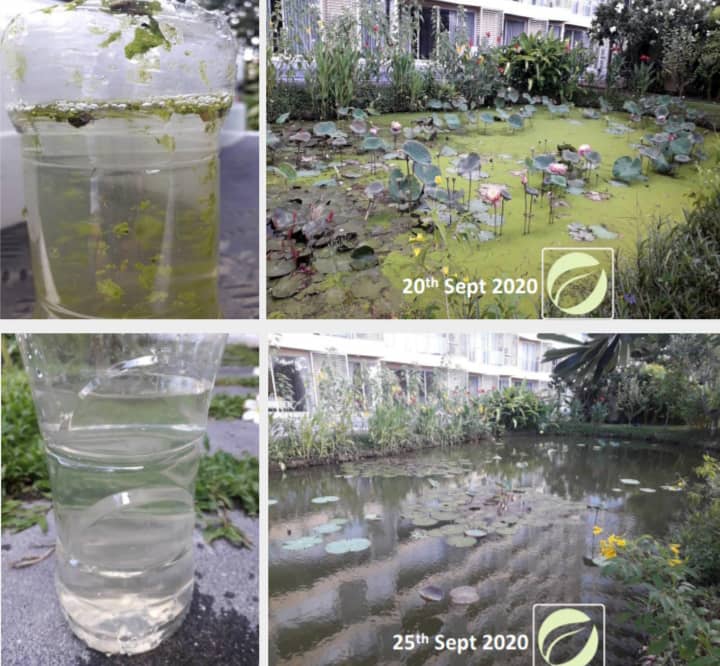
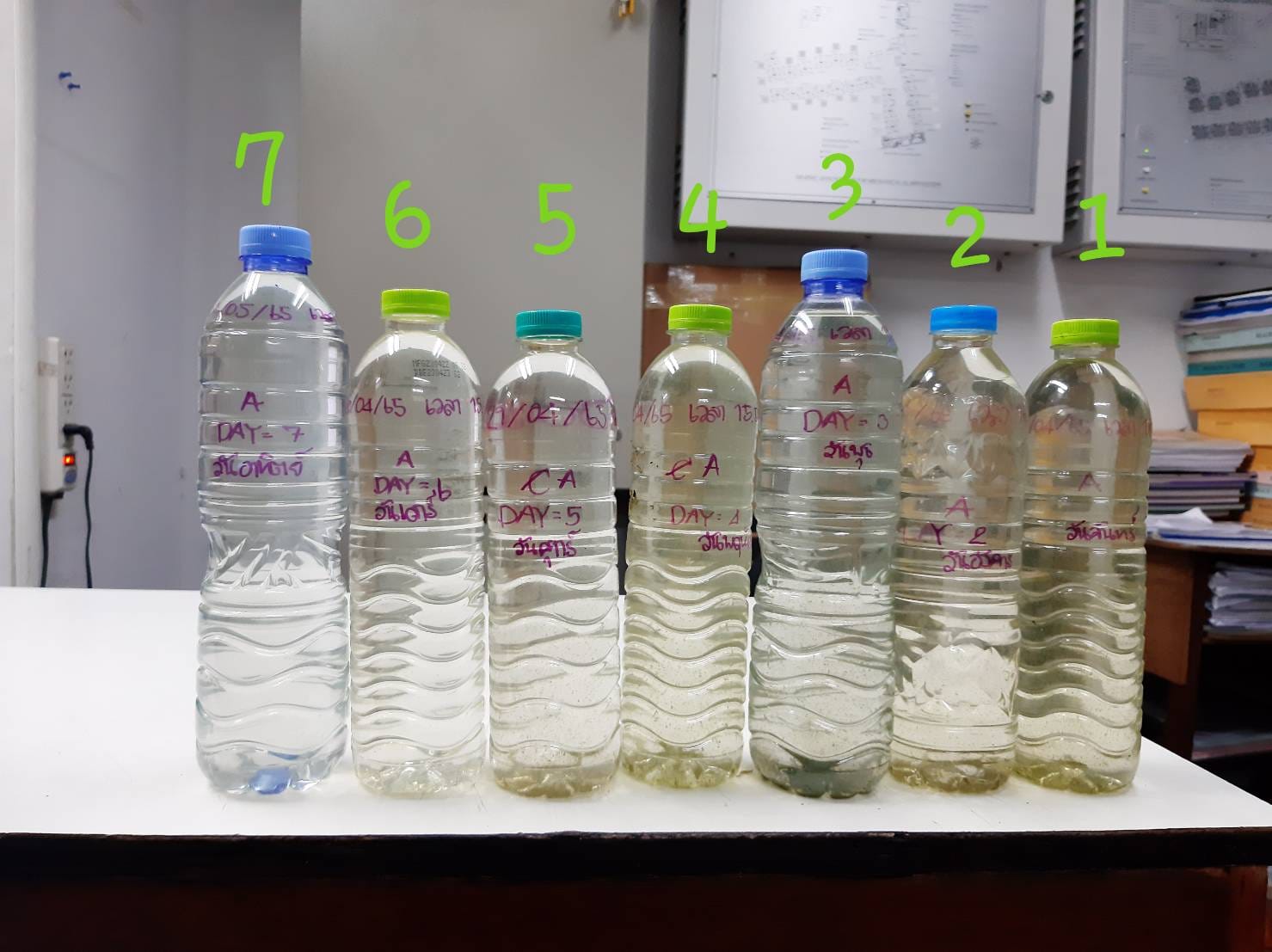
Contact us
email : sales [at] cemax [dot] com [dot] my whatsapp : +60 16 207 5400

